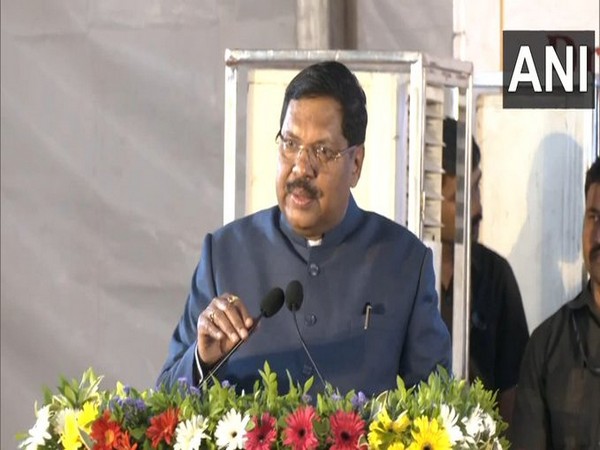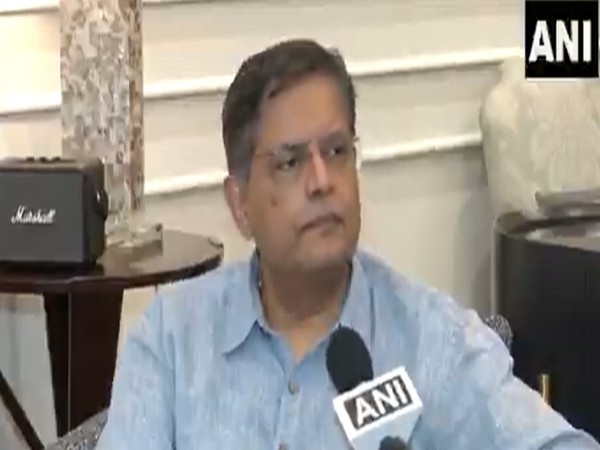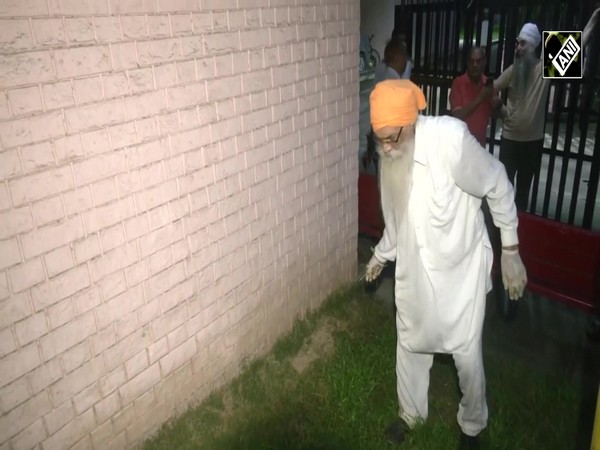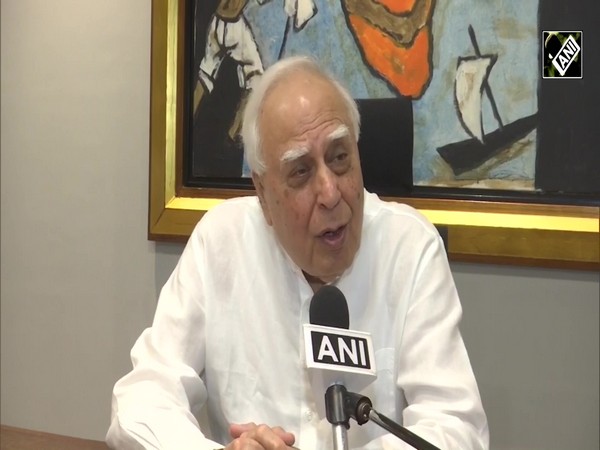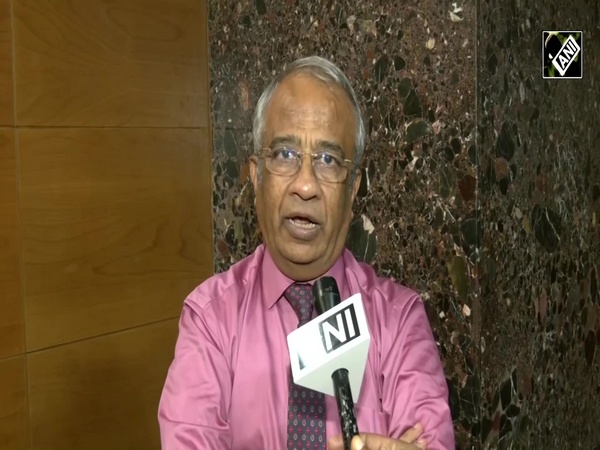Indian film 'Kantara' highlighting environmental concerns wins praise at UNHCR meet
Mar 20, 2023

Geneva (Switzerland), March 20 : Kannada blockbuster film 'Kantara' was screened at the Pathe Balexert theatre Geneva on March 17. An audience of about 220 people including the UN representatives, Heads of International Organisations from Germany, Brazil, UNCTAD (United Nations Conference on Trade and Development), ITU (International Telecommunication Union) WHO (World Health Organisation), Sri Lanka, Myanmar and Indian diaspora attended the screening. The audience gave a rapturous response to the film.
Set in the fictional village of Dakshina Kannada, 'Kantara' followed the character of Rishab Shetty (who is also the director of the movie), playing the role of a Kambala champion, who had a faceoff with an upright Forest Range officer. The movie amalgamates myth, fiction, folklore and the local culture of Karnataka. The film shows the eternal tussle between man and forest. The film inspired people to be aware of environmental challenges.
The Indian PR spoke about the production of multi-lingual films in India at the UN and also emphasized the fact that Kannada films are contributing 10 per cent to it.
Helmed by Kannad star Rishab, 'Kantara' not only garnered critics' praises but also minted a whopping amount of money at the box office. The film completed its glorious run of 100 days in the theatres in February. On that occasion, Rishab announced the film's prequel.
He said, "We are very pleased and thankful to the audience who had shown immense love and support to Kantara and taking the journey ahead, with the blessing of almighty Daiva the film has successfully completed 100 days and I would like to take this opportunity to announce the prequel of Kantara. What you have seen is actually Part 2, Part 1 will come next year. The idea has been flashed into my mind while I was shooting for Kantara because the history of Kantara has more depth to it, and currently, if the writing part is concerned we are in the middle of digging into more details. As the research is still progressing, it would be very early to reveal details about the film."
According to Rishabh, films today are crossing the language barrier. He added that Indian cinema is presented in different languages and if the content connects with the audience, the movie will be accepted as an All-Indian movie. He said that he believed in the mantra, of local being the new global. The more local the content is, the wider audience it will cater to.






